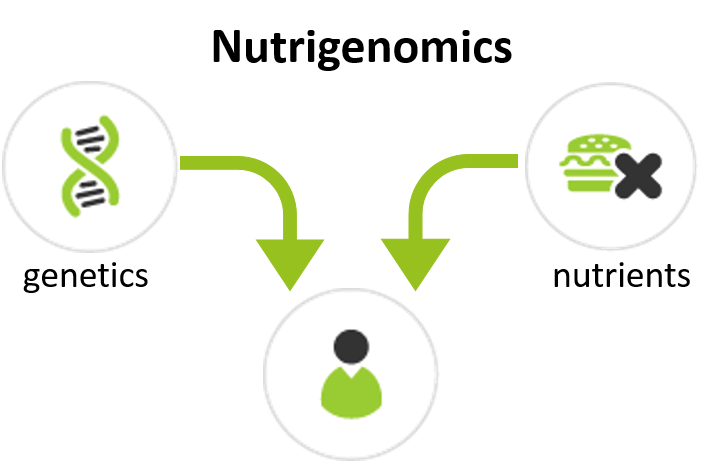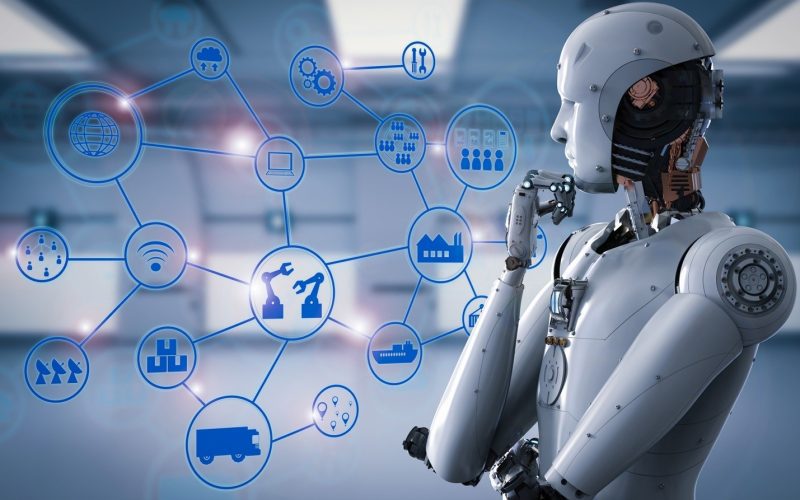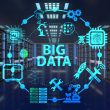In the ever-evolving landscape of health and wellness, personalized nutrition has emerged as a pivotal approach to achieving optimal health outcomes. Central to this advancement is the integration of Artificial Intelligence (AI), which has revolutionized the way we understand and implement dietary recommendations tailored to individual needs. This article delves into the transformative role of AI in personalized nutrition, highlighting its potential to enhance health, prevent disease, and promote well-being.
The Emergence of Personalized Nutrition
Personalized nutrition is a strategy that considers an individual’s unique genetic makeup, lifestyle, and environmental factors to develop customized dietary plans. Unlike traditional one-size-fits-all dietary guidelines, personalized nutrition aims to optimize health outcomes by addressing the specific nutritional needs and preferences of each person. This approach has gained traction due to its potential to improve dietary adherence and effectiveness, ultimately leading to better health outcomes.
AI: The Catalyst for Personalized Nutrition
Artificial Intelligence has become a cornerstone in the development and implementation of personalized nutrition. By leveraging vast amounts of data and advanced algorithms, AI can analyze complex interactions between genetics, microbiome composition, lifestyle factors, and dietary intake. This analysis enables the creation of highly individualized nutrition plans that are both precise and actionable.
Data Collection and Analysis
One of the primary roles of AI in personalized nutrition is the collection and analysis of data. AI technologies can integrate data from various sources, including genetic testing, wearable devices, and self-reported dietary habits. Machine learning algorithms then process this data to identify patterns and correlations that may not be apparent through traditional analytical methods.
For instance, AI can analyze genetic data to identify specific gene variants associated with nutrient metabolism, food sensitivities, and predispositions to certain health conditions. By understanding these genetic factors, AI can provide insights into which nutrients an individual may require in higher or lower amounts, thereby tailoring dietary recommendations to their unique genetic profile.
Predictive Modeling
Predictive modeling is another crucial aspect of AI in personalized nutrition. By using historical data and machine learning techniques, AI can predict how an individual might respond to different dietary interventions. This predictive capability allows for the creation of dynamic nutrition plans that can be adjusted in real-time based on an individual’s progress and changing needs.
For example, AI can predict how a person with type 2 diabetes might respond to a low-carbohydrate diet versus a Mediterranean diet. By continuously monitoring blood glucose levels and other biomarkers, AI can provide ongoing recommendations to optimize blood sugar control and overall health.
Gut Microbiome Analysis
The gut microbiome, a complex ecosystem of microorganisms residing in the digestive tract, plays a significant role in health and disease. AI has made it possible to analyze the composition and function of the gut microbiome in unprecedented detail. By examining the interactions between diet, microbiome, and host health, AI can offer personalized dietary recommendations to promote a healthy gut microbiome.
For instance, AI can identify specific prebiotics and probiotics that may benefit an individual’s gut health based on their microbiome profile. This targeted approach can enhance digestive health, boost immunity, and even influence mental well-being.
Applications of AI in Personalized Nutrition
The integration of AI in personalized nutrition has led to the development of various applications that are transforming the way we approach dietary planning and health management.
Nutrigenomics
Nutrigenomics is the study of the relationship between nutrition and genes. AI-powered nutrigenomic platforms analyze genetic data to provide personalized dietary recommendations that align with an individual’s genetic predispositions. These recommendations can help manage weight, reduce the risk of chronic diseases, and improve overall health.
For example, a person with a genetic variant associated with increased risk of heart disease may receive dietary advice to limit saturated fat intake and increase consumption of omega-3 fatty acids. This personalized approach can significantly enhance the effectiveness of dietary interventions.

Personalized Meal Planning
AI-driven meal planning apps and platforms have gained popularity for their ability to create customized meal plans based on individual preferences, dietary restrictions, and health goals. These platforms use AI algorithms to suggest recipes, track nutrient intake, and provide real-time feedback to ensure that users stay on track with their dietary plans.
For instance, an AI-powered meal planning app can recommend recipes that cater to a vegetarian diet while ensuring adequate protein intake and balanced nutrition. This level of personalization can make it easier for individuals to adhere to their dietary plans and achieve their health objectives.
Health Monitoring and Feedback
Wearable devices and health monitoring apps equipped with AI capabilities provide continuous feedback on an individual’s health metrics, such as physical activity, sleep patterns, and dietary intake. By analyzing this data, AI can offer personalized recommendations to optimize health and well-being.
For example, a wearable device that tracks physical activity and sleep can provide insights into how these factors influence dietary needs. AI can then suggest adjustments to meal timing and nutrient intake to enhance energy levels and overall health.
Challenges and Future Directions
While the potential of AI in personalized nutrition is immense, several challenges must be addressed to fully realize its benefits. Data privacy and security are paramount concerns, as the collection and analysis of sensitive health information require stringent measures to protect individuals’ privacy. Additionally, the accuracy and reliability of AI algorithms depend on the quality and diversity of the data used for training, highlighting the need for comprehensive and representative datasets.
Looking ahead, the future of AI in personalized nutrition holds promise for even greater advancements. The integration of AI with other emerging technologies, such as blockchain for secure data sharing and virtual reality for immersive dietary education, could further enhance the personalization and effectiveness of nutritional interventions.
Conclusion
Artificial Intelligence has undeniably transformed the field of personalized nutrition, offering unprecedented opportunities to optimize health through tailored dietary recommendations. By harnessing the power of AI to analyze genetic, microbiome, and lifestyle data, we can develop highly personalized nutrition plans that cater to individual needs and preferences. As we continue to refine and expand the capabilities of AI, the potential to improve health outcomes and promote well-being through personalized nutrition will only grow, paving the way for a healthier future.












